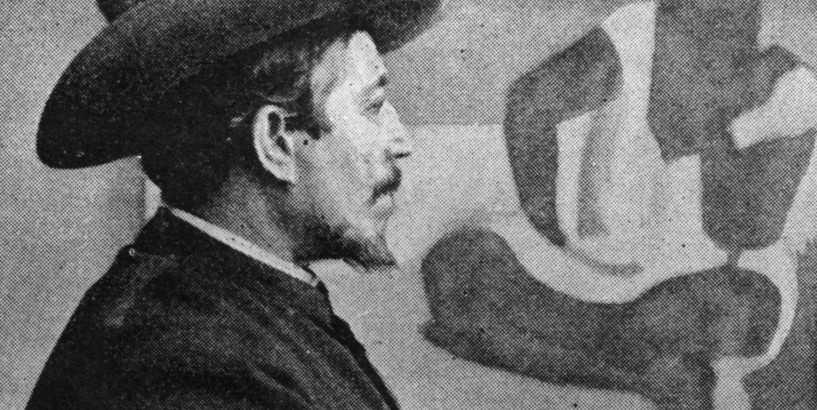“Is it time to stop looking at Gauguin altogether?”That’s the startling question visitors hear on the audio guide as they walk through the Gauguin Portraits exhibition at the National Gallery in London. The show, which runs through 26 January, focuses on Paul Gauguin ’s depictions of himself, his friends and fellow artists, and of the children he fathered and the young girls he lived with in Tahiti.The standout portrait in the exhibition is Tehamana Has Many Parents (1893). It pictures Gauguin’s teenage lover, holding a fan.Sharing headlinesThe artist “repeatedly entered into sexual relations with young girls, ‘marrying’ two of them and fathering children”, reads the wall text. “Gauguin undoubtedly exploited his position as a privileged westerner to make the most of the sexual freedoms available to him”.Born in Paris, the son of a radical journalist, Gauguin spent his early years in Peru before returning to France. He took up painting in his twenties, while working as a stockbroker, a profession he would soon give up – along with his wife and children – to make art full time. He set sail for Tahiti in 1891, searching for the exotic surroundings he had known as a boy in Peru. Gauguin spent most of the 12 remaining years of his life in Tahiti and on the French Polynesian island of Hiva Oa, cohabiting with adolescent girls, fathering more children and producing his best-known paintings.In the international museum world, Gauguin is a box-office hit. There have been a half-dozen exhibitions of his work in the past few years alone, including important shows in Paris, Chicago and San Francisco. Yet in an age of heightened public sensitivity to issues of gender, race and colonialism , museums are having to reassess his legacy.A couple of decades ago, an exhibition on the same theme “would have been a great deal more about formal innovation”, according to Christopher Riopelle, a co-curator of the National Gallery show. Now, everything must be viewed “in a much more nuanced context”.
© 2024, Copyrights gulftimes.com. All Rights Reserved









